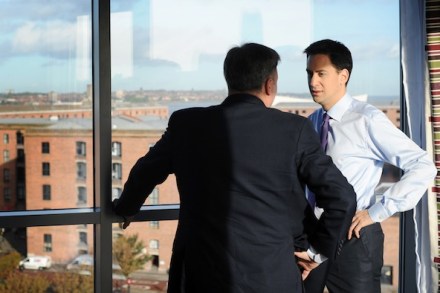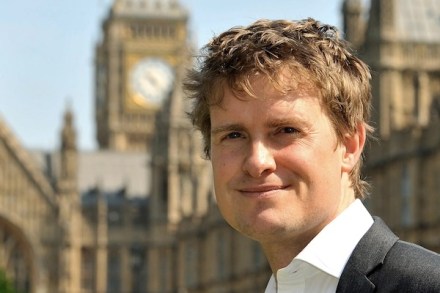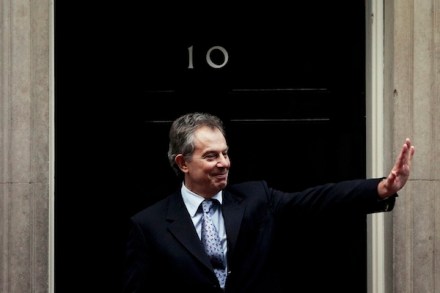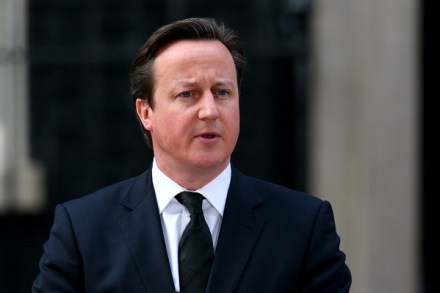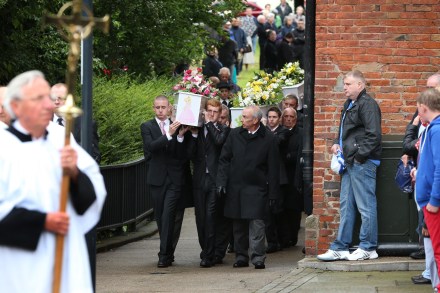Ed Miliband stays in the rough with oddly charmless radio interview
The problem with Ed Miliband’s World at One interview was that he addressed Martha Kearney as if she was a public meeting. Whenever she asked him a difficult question, he just spoke louder. At one point, he barked at her ‘you don’t understand’. listen to ‘Martha Kearney interviews Labour Leader Ed Miliband – The World at One, BBC Radio 4’ on Audioboo



